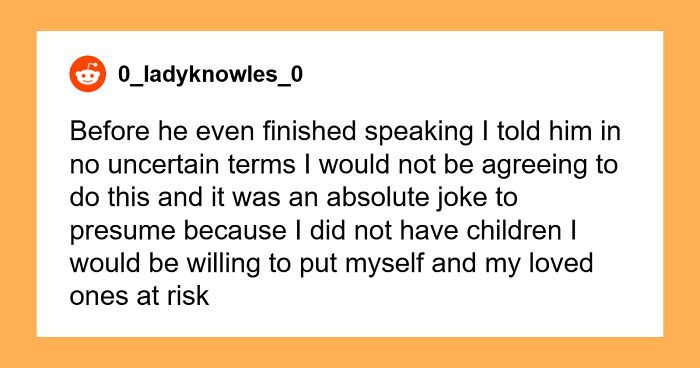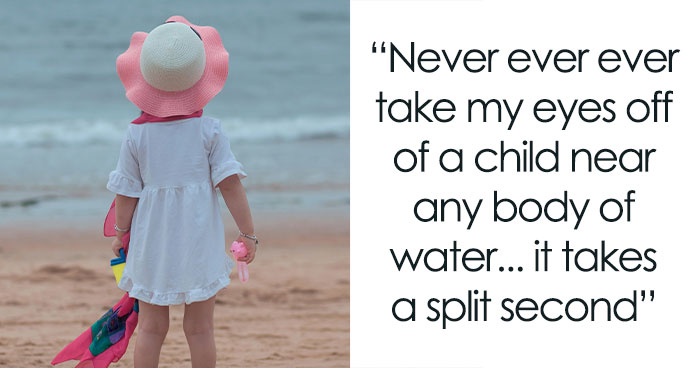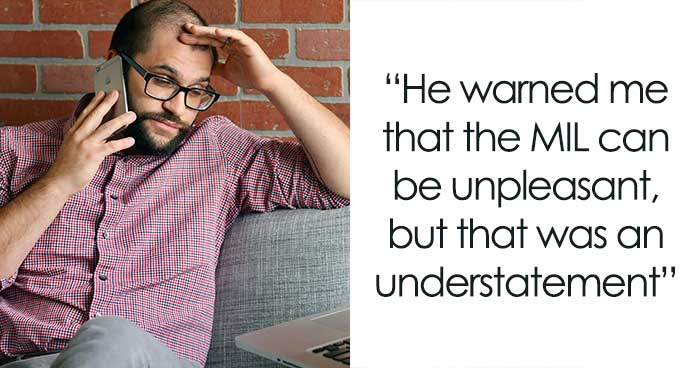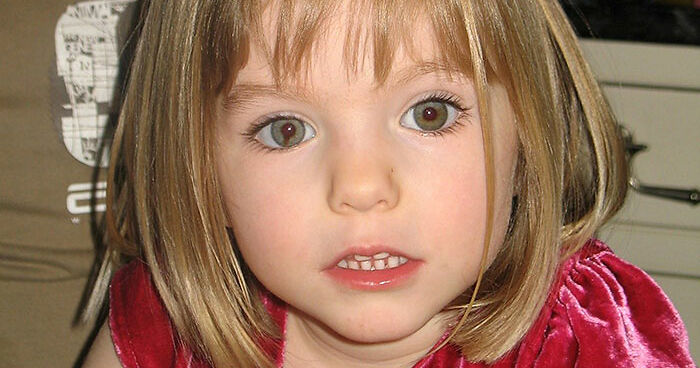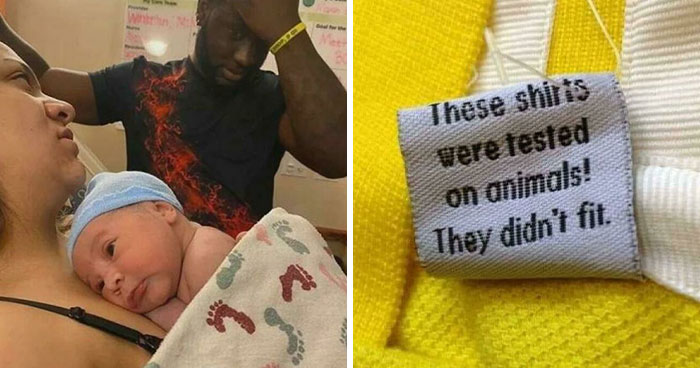Make sure babies are immunized.
Vaccines are safe and can protect your child from some diseases.
Learn to apologize.
Parents can do something wrong too. Don't be afraid to admit your fault and apologies. It will teach your kid honestly.
Catch kids being good.
It is nice to compliment your child for something good he/she did. Be generous with rewards — your love, hugs, and compliments can work wonders and are often reward enough.
Positive reinforcement works far better than negative reinforcement
Insist on helmets.
Make sure that the head is protected when your kid is riding a bike, scooter, skates, snowboard, etc.
Foster responsibility.
Give your child small chores, and make him/her feel the part of the family.
Also, don't make it their job, as in, they aren't there to be second parents. I've seen that a lot in larger families, they aren't substitutes. Chores, helping around the house etc, wonderful.
Show that your love is unconditional.
Make sure that even if you are strict with them, you still love them.
Very good point. Overly strict parents lead to anxious adults, I am exhibit A.
Pay attention to your own well-being
Stressed-out parents are more tend to fight. Find some time for yourself to rest.
This is why I don't stress so much over a dirty sink. Sure, my house may be a bit cluttered but I'd rather have a cluttered house and happy kids than a spotless house and an angry family
Show your affection.
Let your kids know that you love and appreciate them.
This is soooo important. Take it from this random 34 year old, it matters.
Stop yelling.
Yelling only makes your child uncomfortable and anxious.
Yes, it does. It never helps the situation. Just makes it worse.
Eat dinner as a family.
It will bring your family closer and help your child to form better social connections in the future.
Read to your child.
It will bond you two, and encourage them to read when they are older.
Boost your child's self-esteem.
Choose your words carefully, because they can have an impact on forming the self-image of your kid. Let your child know that it is okay to make mistakes and everyone is not perfect. Don't compare them with others and try to cheer them up when they need it.
Be a good role model.
Be aware of what you are doing because your kids learn how to act by watching you. So if you want your child to have good habits, you probably should have them too.
Kids internalize a lot of what parents say and do. If they catch you criticizing your body, they will internalize that too. Their parents are the people they love and aspire to be the most at young ages
Be a safe haven for your child.
Let your child know that you are there for them. Be their safe place where they can be vulnerable.
No really this, nothing like being 40 and dependent on a therapist for when you get hurt, because you had nobody to go to.
Reflect on your own childhood.
By reflecting on our childhood we can understand why we act in a certain way. Make notes and try to analyze your actions.
Do not spank, no matter what.
It will not teach your child what is right and what is wrong, but only make them fear you and creates childhood trauma.
Practice patience.
Enjoy the moment, don't be in a hurry. Sometimes you just have to go with the flow.
Learn CPR.
You'll never know what life can bring you, so it is good to be prepared.
This and the heimlich, especially for babies and toddlers. I've had to stop my oldest from choking a few times when she was a baby and again a toddler. Don't rely on "My partner knows so they can handle it"
Create rituals.
Do something as a family, try to make it your little tradition. It will help you to get to know each other better.
Let kids play.
It will develop your child's imagination and critical thinking.
Make communication a priority.
Children deserve an explanation. Make sure they understand values, if they did something wrong explain why is it bad.
Take a shortcut by utilizing findings in the latest psychology and neuroscience research.
You can use scientific research to find more answers to your parenting questions. Try to use parenting practices and techniques, and see what works for you and what doesn't.
Seek support.
Don't be ashamed to ask for help. There are a lot of parents out there, and you always can ask your parents for advice.
Make honesty a priority.
Don't lie in front of your child, teach them how to be honest and appreciate when they are honest.
Exactly. Last year one of our two cats had to be put down (she was 18 & it was her time). I explained to our 4yr old that our kitty was sick & went to God's house, & while we miss her she's safe happy healthy & that she's always in our hearts (she accepted the answer & undstands and is fine with it.) She still talks about her. Years ago I knew a women who had gotten a cat for her kids (one of the kids really bonded with the cat). Well the mother decided after about a month she didn't want the cat so while the kids were at school she took the cat to the shelter. When the kids got home she told them the cat had runaway. The one child was crushed. That always stuck with me. That poor little girl will always wonder if she did something to make the cat "runaway".
Soothe nighttime fears.
Use a night light, it will make darkness less scary and help your child to fall asleep faster.
Don't reward with food.
This can create a bad relationship with food and bad eating habits.
Take lots and lots of pictures.
Time flies, so don't forget to make a lot of photos. They don't have to be perfect.
Unless they say not to then PLEASE PLEASE DON'T I hate pictures but my discomfort is always ignored
Act immediately.
Try to respond to something your kid did immediately, so he/she would understand what went wrong and learn the lesson.
Select the best preschool.
Look for a well-trained and warm teacher, so the first experience wouldn't be traumatic.
Practice kind and firm positive parenting.
Try positive family interactions with your kids, it will help them create a positive experience.
Talk with your child and help their brains integrate.
Talk with your child and listen to them. It is important to communicate with them it will be helpful for their critical thinking.
Be your best.
You are the best person in the world for your child. Also, you are a powerful figure for him/her.
Set clear rules about pushing, hitting, sharing, and lying.
Make sure your child knows the basic rules, how to live in the community, don't cross someone's boundaries, and respect others.
Ban bad-mouthing.
Don't tolerate mean words or attitudes, teach your kid different kinds of expression.
Keep a health history.
Write down everything about a child's illnesses, immunizations, allergies, chronic conditions, and medications.
Take vacations.
The memories will last forever. It doesn't have to be a big and fancy trip, the most important the surroundings and that you are all together.
Be flexible and willing to adjust your parenting style.
Very often parents have unrealistic expectations. Kids' environments have an effect on their behavior, so you might be able to change that behavior by changing the environment. You should change your parenting style as your child grows older.
Keep things in perspective and remember your parenting goal.
You probably want your child to be happy, study well and have positive experiences in life. But you have to spend a lot of time working towards those goals.
Never relent when it comes to using a car seat.
Keep kids in a rear-facing infant seat until they're at least 1 and weigh 20 pounds. After that, use a forward-facing seat until the kids are about 40 pounds. Use boosters until they are 4'9" tall. Don't let anyone under 13 ride in the front seat.
The longer you can keep your child rear facing the better. Rear facing until 40lbs/18kg (around 4 years) is many times safer than forward facing in the event of an accident.
Know these fever facts.
Contact your doctor immediately if a baby younger than 3 months old has a fever of 100.4 degrees F. or higher. For children ages 3 to 6 months, call if the fever is 101 degrees F. or above. Also, get on the phone when any child under 2 has a fever that lasts more than 12 hours.
Save for college.
It is a good investment in your child's future.
Embrace nature.
They'll learn to appreciate the wonders of the natural world. Also, it is a great way to calm down and teach your child to love nature.
Buy life insurance.
To figure out how much you need, use an online calculator or talk to a financial planner. It is nice to be prepared for everything.
Make a firm bedtime.
Sticking to s specific bedtime will help to set your child's internal sleep clock.
Make time for your kids.
Find a few minutes for your kid, it can be a short walk before going to bed or having breakfast together. Your child will appreciate this and it will help you to create a special bond between the two of you.
Know your own needs and limitations as a parent.
There are no perfect parents, learn your strong and weak sides. Focus on the areas that need the most attention rather than trying to address everything all at once.
Be a booster.
Make sure you encourage your child to make their own decisions and achieve something on their own.
Monitor medication.
Check if the pharmacist gave you the right medication. Don't be afraid to double-check and ask the doctor questions that bother you.
Encourage creativity.
Create a box with art supplies, and remake some of your old clothes, making them more festive.
Settle down.
Slow down the pace before putting your kids to bed. It will help them to relax.
Don't overlook a cough.
It can be a sign of asthma or another disease.
I think you shouldn't overlook any symptom that your child can have but also not over worrying or overreacting about them. In the first years, above all when they start to go to daycare or kindergarten, they are going to fall ill a lot. It's normal, they are still developing their immune system, but almost all the time it's nothing really serious (antipyretic, rest and/or antibiotics will make them better quite fast)
Set limits and be consistent with your discipline.
It will help your child to learn acceptable behaviors and self-control.
Swaddle a newborn.
Studies show that infants who are swaddled wake up less frequently and sleep longer than others
Buy the basics.
Make sure they have all toys that they need, it doesn't have to be the newest and the best toys.
Start a birthday tradition.
Bake the same cake for every birthday or make some special activities for that day.
No, don't make the same cake every year. Bc one year they want Peppa pig, Next year its Disney princess, Next is a buldouzer. As them what cake they want. First few years they will care about the decoration only. But somwhere around 6,7 YO they will start on chocholate or vanilla decisions.
Create a master calendar.
Great way to organize everything, and assign a different color marker to each family member.
Children believe what they hear. Tell your kids (and other loved ones) how proud of them you are, how much you love them, and how valuable they are to you.
They also believe what they see. Your actions need to match your words. Show up for them, support them in their interests even if you find it boring and both parents need to show affection to their children and hug them. You can say all the right things but if your actions aren't saying the same thing as your words they will notice. If you say you love them yet you're always too busy to show up when they need/want you to, they won't feel loved.
Children believe what they hear. Tell your kids (and other loved ones) how proud of them you are, how much you love them, and how valuable they are to you.
They also believe what they see. Your actions need to match your words. Show up for them, support them in their interests even if you find it boring and both parents need to show affection to their children and hug them. You can say all the right things but if your actions aren't saying the same thing as your words they will notice. If you say you love them yet you're always too busy to show up when they need/want you to, they won't feel loved.

 Dark Mode
Dark Mode 

 No fees, cancel anytime
No fees, cancel anytime 








































